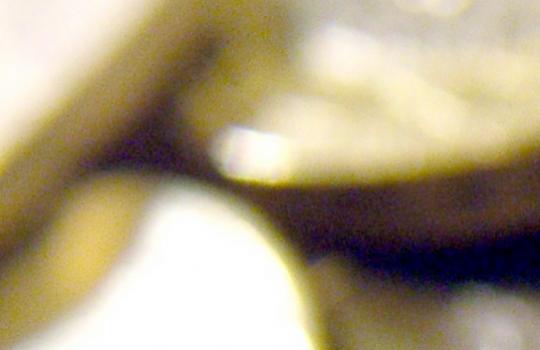Opinion is split on the impact of increases to the National Minimum Wage, with some employers branding it as “moderate” and others the “wrong increase at the wrong time”.
After accepting the recommendations of the independent Low Pay Commission, the coalition government decided that, as of 1 October this year, the rate for adults would increase by 15 pence to £6.08 per hour.
Wages for 18 to 20 year olds will rise by six pence to £4.98 per hour and for 16 to 17 year olds by four pence to £3.68 per hour. Apprentices will likewise see their pay packets increase by 10 pence to £2.60 per hour.
But David Frost, director general at the British Chambers of Commerce, warned that the changes were “the wrong increase, at the wrong time” because, with more than a million people unemployed in the UK, “the priority has to be getting people back into work”.
“It’s clear from speaking to businesses that a significant number are having to freeze wages in 2011. These changes will be a barrier to job creation, and ultimately economic recovery,” he said.
But Neil Bentley, deputy director general at employers lobby group the CBI, disagreed. He said: “This moderate increase strikes the right balance during a period of economic uncertainty. It means that workers on the minimum wage will not fall behind the rest of the workforce in terms of pay rises.”
A larger rise would have hit businesses hard and could have put many lower paid jobs at risk, particularly in the troubled youth market, he added.
Brendan Barber, general secretary of union umbrella group the TUC, also dubbed the rises “relatively modest”, but accepted that they would provide a welcome boost to the 840,000 low paid workers in the UK.
“It is only fair that employers play their part in combating low pay and the LPC has taken great care to ensure that the new rates are set at level that will not damage job creation in these uncertain economic times,” he said.
But Barber added that he expected there to be “room for much more generous increases in future years” once the economy began to recover.









